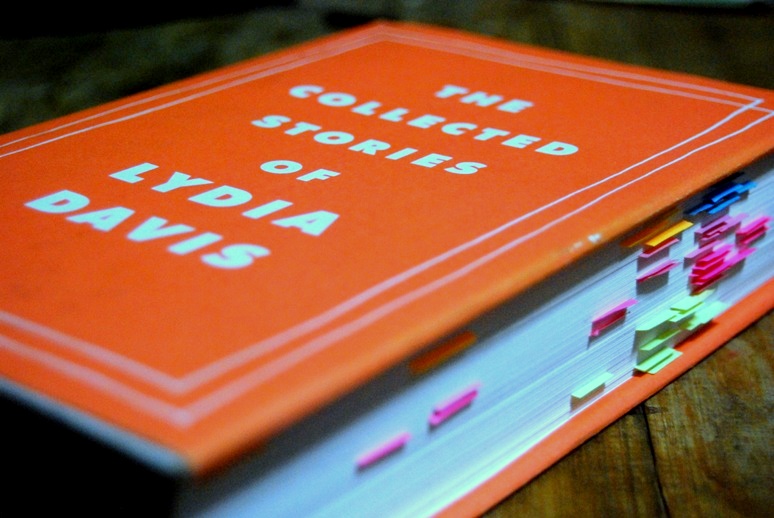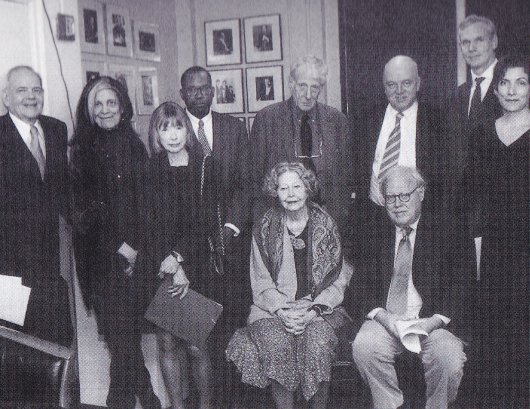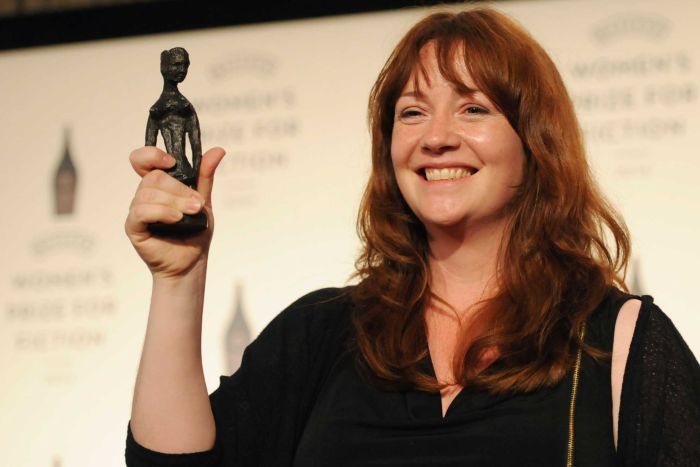
From The Quarterly Conversations‘s Lydia Davis issue, published in March 2014:
I think influence is a complicated thing. I am influenced by a kind of writing because I am drawn to it, open to it. I am drawn to it because there is already an affinity between my own sensibility and sense of formal structure and those of the author I am reading or studying. I would not be influenced by a writer alien to me. I really see an ongoing process that starts in earliest childhood. The very first picture books and nursery rhymes have their effect, as do songs and the lyrics of songs. My sensibility as a child is affected by these and then my changing sensibility and sense of structure show in my writings, even the stories written as assignments in grade school. And of course the influences of interactions with family and friends and teachers continue to have their effect.
I certainly read Kafka very closely and constantly for a few years—though I was reading many others at the same time, of course, like Hawthorne, Melville, Evelyn Waugh, R.L. Stevenson, Malamud, Dickens, Mary McCarthy, Poe, Emily Dickinson, James, and slews of mysteries. Something drew me to Kafka’s work, and in turn I’m sure I absorbed something of his sensibility and style. Clearly something drew me to Kafka more than to James, for instance—the spareness, the humility (whether assumed or real, or a combination), the bizarre imagination. He was interested in the possibility of two hands suddenly alien to each other; James’s interests lay elsewhere. For years I found James hard to read; I found that his prose left me no breathing room. Now I admire him. But the affinity still is not there.





